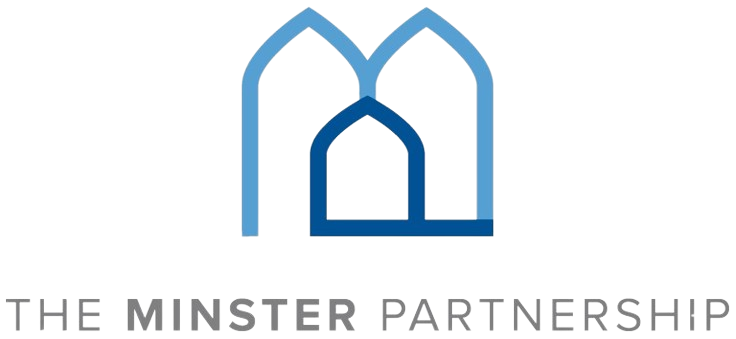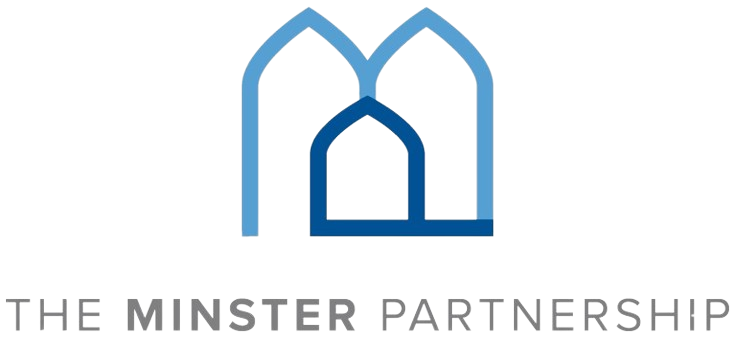Related Links
- State Pension
- Stakeholder
- SSAS
- SIPP
- Retirement Planning
- Restrictions on Pension Contributions
- Personal Pensions
- Occupational Pensions / Auto Enrolment
- National Employment Savings Trust (NEST)
- Long Term Care Planning
- Income Drawdown / Unsecured Pension
- Final Salary Pensions
- Death Benefit Options
- Cash Equivalent Transfer Value (CETV)
- Annuities











